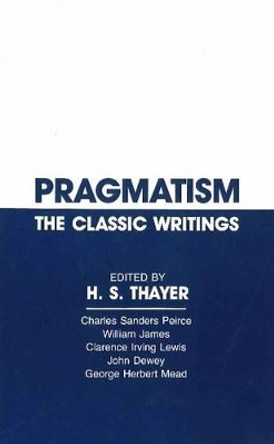Charles Sanders Peirce (1839-1914) is rapidly becoming recognized as the greatest American philosopher. At the center of his philosophy was a revolutionary model of the way human beings think. Peirce, a logician, challenged traditional models by describing thoughts not as ""ideas"" but as ""signs,"" external to the self and without meaning unless interpreted by a subsequent thought. His general theory of signs -- or semiotic -- is especially pertinent to methodologies currently being debated in many disciplines. This anthology, the first one-volume work devoted to Peirce's writings on semiotic, provides a much-needed, basic introduction to a complex aspect of his work. James Hoopes has selected the most authoritative texts and supplemented them with informative headnotes. His introduction explains the place of Peirce's semiotic in the history of philosophy and compares Peirce's theory of signs to theories developed in literature and linguistics. |Analyzes the wartime politics of the Allied powers concerning war crimes, showing how their decisions led to the Nuremberg trials.
About the AuthorJames Hoopes, professor of history at Babson College, is author of
Consciousness in New England: From Puritanism and Ideas to Psychoanalysis and Semiotic.
Book InformationISBN 9780807843420
Author James HoopesFormat Paperback
Page Count 294
Imprint The University of North Carolina PressPublisher The University of North Carolina Press
Weight(grams) 451g





